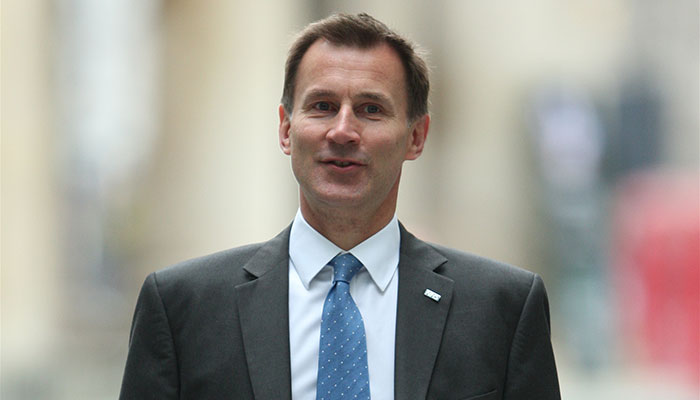
Jeremy Hunt. Image © Shutterstock
For weeks chancellor Jeremy Hunt has warned of “difficult decisions” needed to bring the UK public finances back under control.
Ahead of the Autumn Statement, the Treasury has been briefing about the need to make nearly £60bn of tax rises and spending cuts if the government is going to show it can bring debt down as a percentage of GDP by 2026 – as it is compelled to show by its newest set of fiscal rules.
A large proportion of this is likely to be made of spending cuts, forcing public services to reduce the quality or scale of what they can offer even further, after a decade of austerity and the disruption of Covid-19 already stretched them – in some cases to the limit.
But is there another way to balance the books? Are there other sources of revenue the government is not looking at?
In the latest issue of Public Finance magazine (November/December), Unison general secretary Christine McAnea proposed £30.58bn of extra revenue the government could make.
She argued the government should increase the higher rate and additional rate of income tax by 1p each (£1.65bn), increase corporation tax by a further 1% to 26% (£2.8bn), increase capital gains tax rates to match income tax (£8bn), tax household wealth above £5m by 1% a year (£10.1bn), abolish business asset disposal relief (£2.7bn) and cut subsidies for homeowners and private landlords (£8bn).
Perhaps Hunt could also look at introducing a ‘Tobin tax’ – a small levy on currency exchange transactions, intended to discourage short-term speculation – or revisit an online sales tax, for which a consultation ran between February and May this year.
PF wants to hear your thoughts about potential solutions.
Take our quick poll











